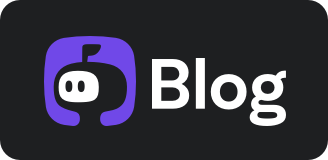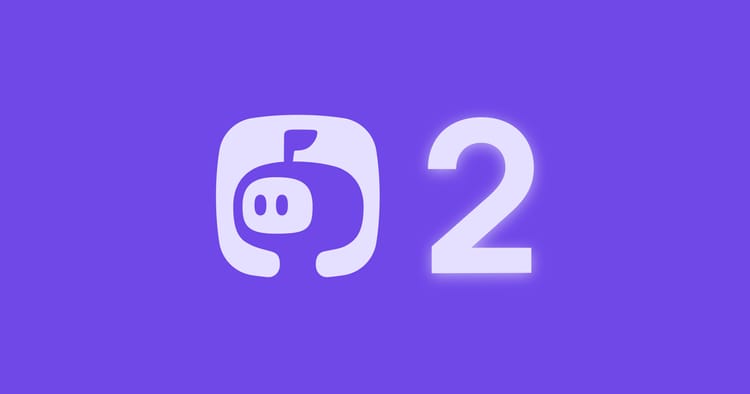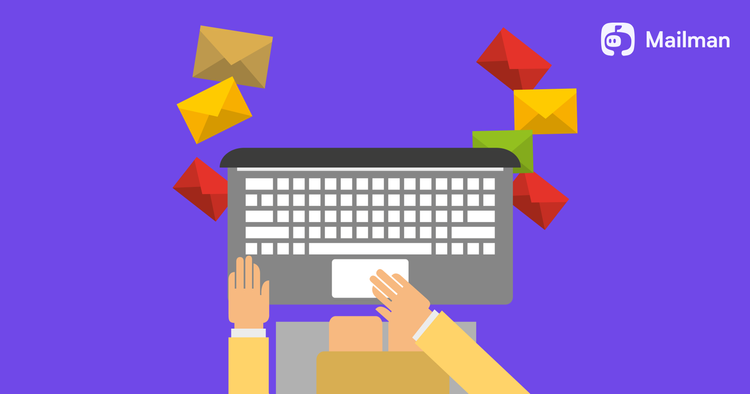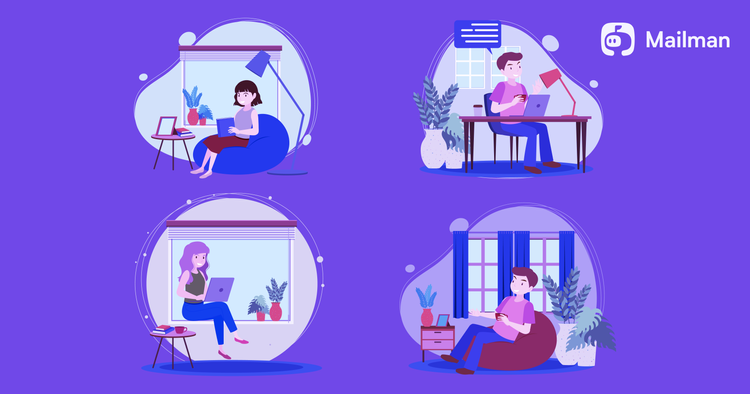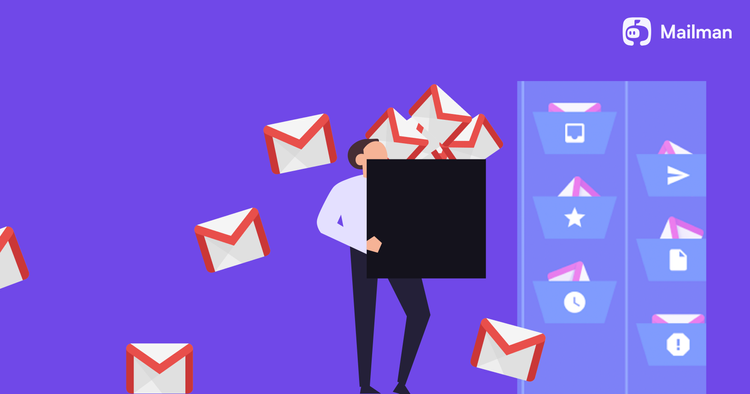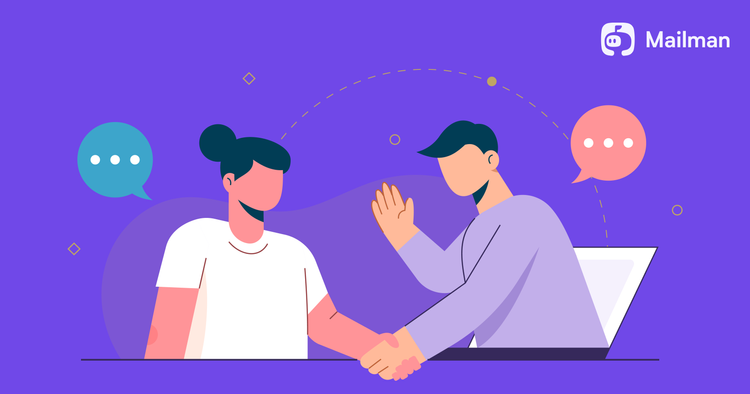Intentional use of technology
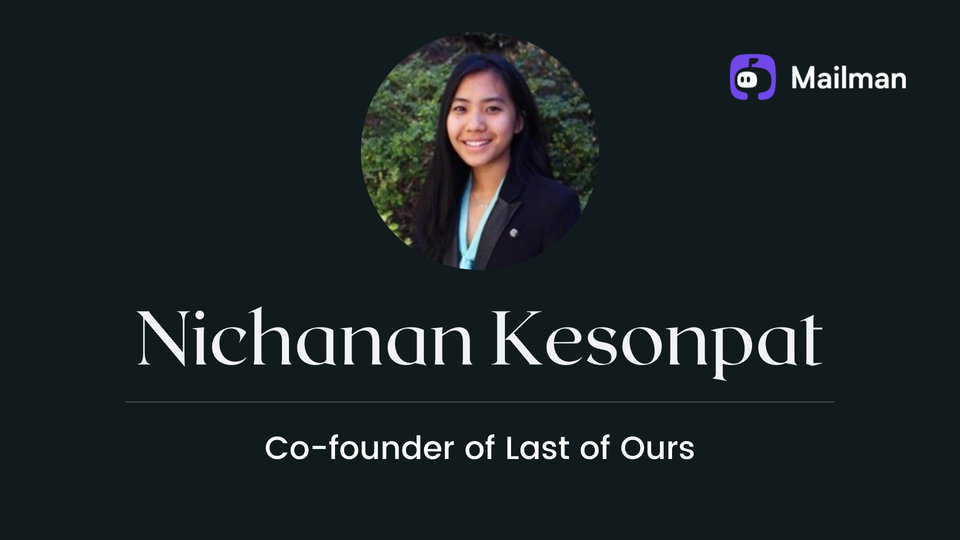
We're effectively living in the technological age. So much so, that it is now the technology controlling us than we controlling technology. It won't be too wrong to say, we have become slaves to our gadgets.
This should not be like this. We should be intentional about our use of technology. Nichanan Kesonpat, Co-founder at "Last of Ours", realized this early and actively took steps to make intentional use of tech. Let's hear from her.
"I actively protect my attention. In the present world, it's really hard to maintain any amount of control over your attention, as there are so many distractions always craving attention. There are emails, notifications, messages, and all sorts of things.
So I make sure to only get my first inputs for the day after I've done my morning journaling. Before that, I have something I call "pre-screen time" where I just meditate, have my coffee, and write in my journal. No looking at screens.
I've also turned off all notifications. So now I check different apps myself when I need any inputs from there, instead of the apps constantly pushing notifications to me. This has helped a lot in cutting distractions.
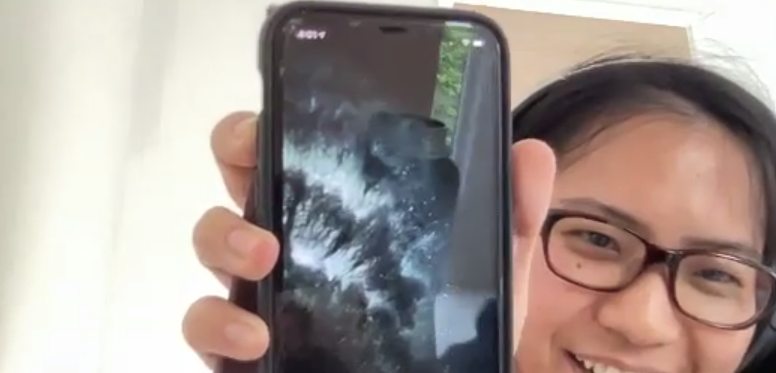
Besides, I have a very minimal phone screen. As you can see here. I keep very few apps in the front to avoid getting sucked into different apps. And I don't use Twitter and Facebook on the phone. I use Twitter only on the desktop as it's a good treasure trove of information, but keeping it on the phone just makes it yet another distraction."
Other than her mastery over tech gadgets, Nich is also very active in the crypto space. Her "Last of Ours" project is a meaningful take on NFTs. She's also quite interested in mindfulness and productivity, she writes about it in her newsletter called Samadhi City. Nich also shares her productivity tricks and how she manages to work with different time zones working till 2 AM!
Let's dive in!

Nich introduces herself
Hi, I'm Nich, I spend the majority of my day writing code or writing words. My background is in biology and psychology, that's what I learned in college. I started off my career as a tech recruiter, recruiting engineers for startups in Silicon Valley. Then I fell into crypto and became very interested in it. I made a lot of professional decisions to get to work in the crypto space full-time.
Right now, I work for the "Last of Ours" project. I was a co-founder there, and my role is mainly product development. Coding small contracts on Ethereum and writing about crypto or blockchain space in general. The writing part started off with educational intent but now I'm inserting more of my opinions in it, instead of making it textbook-ey.
I also write a mindfulness-productivity newsletter called "Samadhi City". The subject matter is about balancing our crazy fast-paced lives in the tech world with the stillness and calm that meditation brings.
About "Samadhi"
I'm from Thailand. Here "Samadhi" is about sitting in meditation to experience stillness and awareness. Something that the western world is now becoming aware of. For me, it's a great way to balance out the fast nature of our lives.
Especially in such uncertain times, and with so many distractions pulling our attention. Cultivating my Samadhi helps me keep grounded and function properly in between all that's happening. That plays a role in my productivity as well.
Getting into crypto
I used to work in a company where Naval was an investor. He came in for a fireside chat. As usual, he was sharing his knowledge nuggets and he mentioned Bitcoin and Ethereum a few times. That's where I first heard it, then I went back and did my own digging. That's where it all began for me.
For a newcomer, the crypto space does seem very chaotic. Depending on who is your first exposure to crypto creates a whole lot of difference. It's either someone who promises you can make a lot of money in a very short time without understanding what you're doing or someone who can really articulate why this technology is powerful and how it can help us.
I was lucky that my exposure to crypto was from more of an impact and technology perspective and less from the financial perspective. That is what has kept me in the space and made me stay through the bear run.
The bear market flushed out a lot of people. But the industry has made good progress. With every cycle of ups and downs, you can see the fundamentals are getting stronger and stronger.
About NFTs & "Last of Ours"
My first exposure to NFTs was through Cryptokitties. A cat had sold for about $100,000. We saw that people are willing to spend so much money on digital cats, what if some of that money went to saving real-world cats and real-world animals.
That's where the "Last of Ours" idea was born. We went to a Hackathon in Hong Kong in early 2018. It was just a side project for all of us involved, everyone was doing something else full-time. But the project got a good response in the Hackathon. Just because the mission is so important, and we ended up winning that competition.
Post that, we continued working part-time on the project for about half a year before we moved full-time on it.
The good thing about the Last of Ours NFT is that whenever someone buys an NFT, the blockchain splits, directly sending part of the money to the NGO and a part of it comes to us. It is all very transparent. Now you see, NFTs are not just collectibles, they can also be used as an instrument to fund causes like animal welfare.
A typical day
Right now, I work a lot with people who are based in Europe and the United States. It's not rare that my calls go on till 2 or 3 AM my time. For that reason, I start my day late mornings because I end my days late.
The first thing I do after getting up is an hour-long meditation, and writing my morning pages just to capture my thoughts. Then I take a look at my to-dos that I've to take care of for the day. I use Roam Research to manage all this.
I try to batch all the textbox-ey things, like meetings and emails, basically all the low energy things. Besides that, I start off my day doing creative things, for me, that is writing and coding. So the first 4-5 hours of the day will fly without me emailing anything to anyone.
This is like my pre-screen time, where I try to get as much creative work done before I get pulled in by emails, meetings, and everything else. That forms the 1st part of my day, which I actively protect from any kind of external inputs.
All the other things happen late afternoon. Then around 8 PM, my next batch of meetings starts, because that is when the US wakes up.
To summarize, I start my day with creative time, and then I have 2 days worth of meetings in one, because of the different time zones.
Making intentional use of the phone
I actively protect my attention. In the present world, it's really hard to maintain any amount of control over your attention, as there are so many distractions always craving our attention. There are emails, notifications, messages, and all sorts of things.
So I make sure to only get my first external inputs for the day after I've done my morning journaling. Before that, I've my pre-screen time where I just meditate, have my coffee, and write in my journal.
I've also turned off all notifications. So now I check different apps myself when I need any inputs from there, instead of the apps constantly pushing notifications to me. This has helped a lot in cutting distractions.
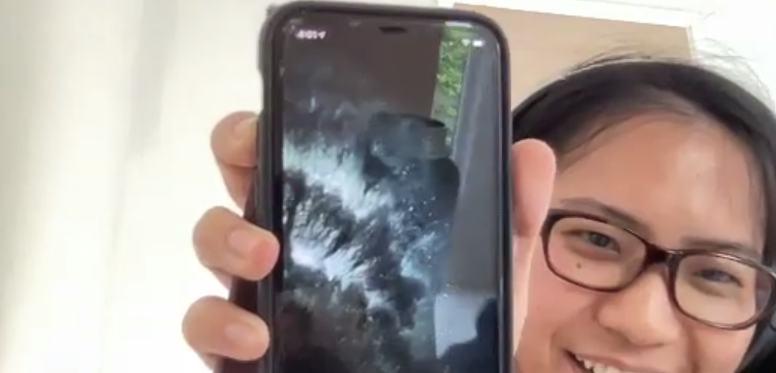
Besides, I have a very minimal phone screen. As you can see here. I keep very few apps in the front to avoid getting sucked into different apps. And I don't use Twitter and Facebook on the phone. I use Twitter only on the desktop as it's a good treasure trove of information, but keeping it on the phone just makes it a distraction.
The Path of least Resistance
I read this book called "The Path of least resistance" book by Robert Fritz. It talks about how you can design an environment such that you don't have to force yourself to do anything. It's like your default way of living is your desired way of living. You don't have to push for that.
I've tried to apply that to my life by making the small tweaks required. That has really helped me live an intentional life where I'm not forcing myself to do things.
On saying 'no' to things
I do have problems in saying 'no' to things, as everything seems interesting. I usually take up things that are only a few hours of work, but can potentially lead to something really exciting or open new doors for me. I say 'no' to things that seem transactional in nature.
On building habits
I've been working to build meditation and writing habits. I have a group of friends who are interested in similar things. We have group meditation sessions and writing groups where we edit each other's writings. Having these groups really helps in building habits, as it adds an element of community and accountability to the mix.
I joined the On Deck writing cohort and that helped me get into a helpful writing group. That's where the "Samadhi City" newsletter was born.
On killing time
Whenever I have some time to kill, I'll go read the articles saved in my Instapaper. Or my inbox is also quite exciting as I've subscribed to a bunch of really insightful newsletters. From all that reading, I build out the information database that I maintain in Roam Research.
One extra hour
If I get 1 extra hour every day, I would spend it taking an hour-long nature walk with my dog.
How to follow Nich?
My Twitter is @nichanank, that's where I share a lot of crypto and mindfulness stuff. My writing is at nichanank.com and my articles on mindfulness can be found at samadhi.city
Lastly, we're also rebranding "Last of Ours" to "Spirit Creatures", that could be found at spiritcreatures.io
